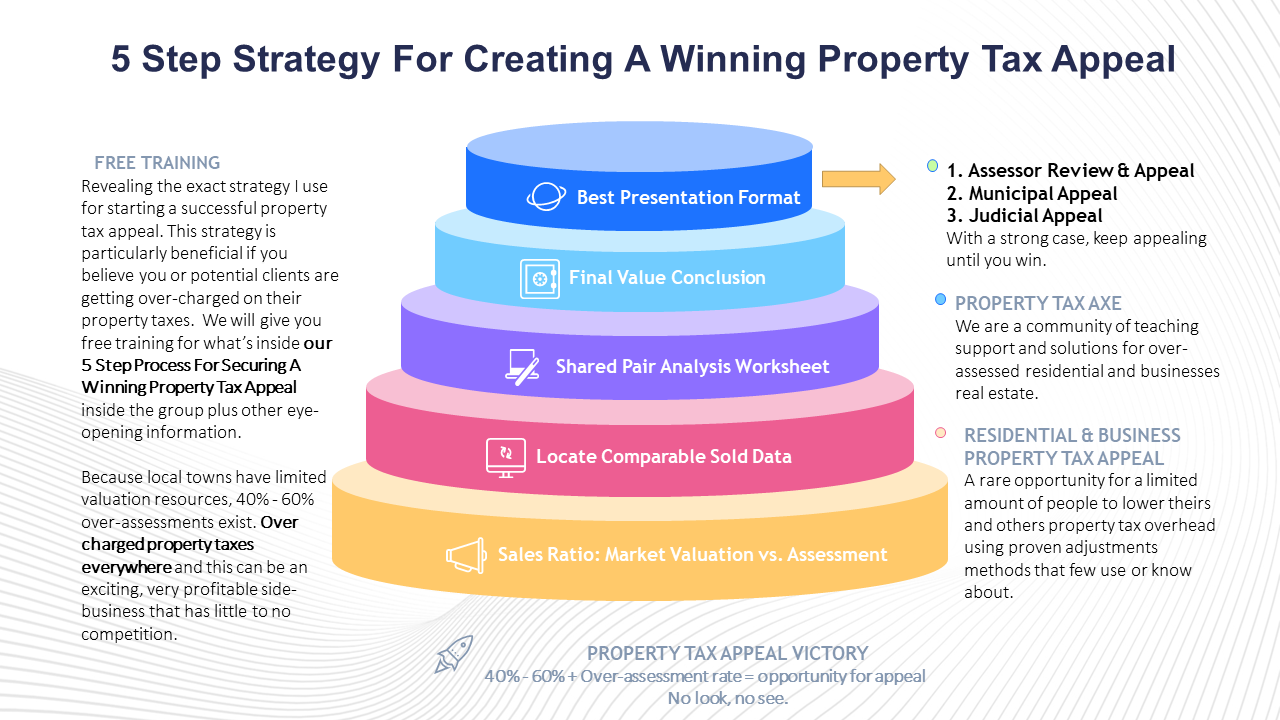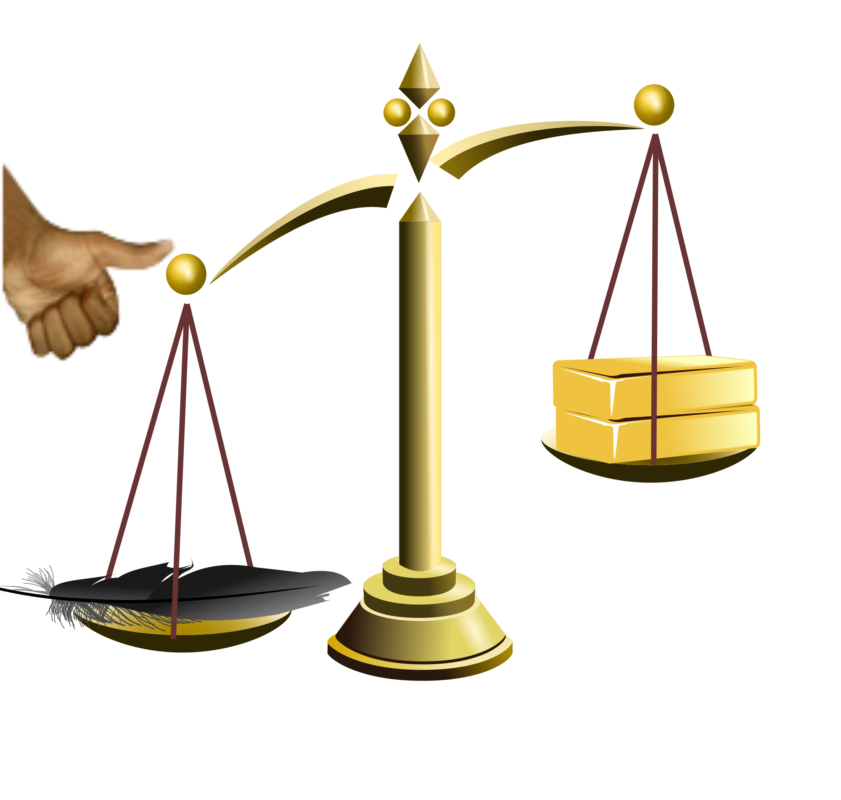Because of blanket real estate assessments, property tax over-assessments exist everywhere! The fact of someone hurried and flying through a neighborhood rendering an opinion of value for a property tax assessment can be wrong! Consider the limited amount of time spent on a blanket-based assessment. All too often previous assessments are simply rolled over.
Even if errors did not affect you, it absolutely did affect other properties considering the national property tax assessment error rate of 40% to 60% (statistic verification sourced). That’s why offering property tax appeal consulting services to others is a much-needed service.

Property Tax Appeal Training Course For Residential and Commercial Businesses: Appeal For Yourself And/Or Help Clients Appeal High Tax Assessments. Property Tax Appeal Training Course For Residential and/or Commercial Properties
A Property Tax Appeal Makes Sense When You’re Over-Assessed
Considering the financial liabilities of your community and state, property taxes will be on the rise. There’s no free lunch and the taxpayer is easy prey. In fact, the taxpaying homeowner is the only big prey!
Past property tax assessment may not be proportional to current circumstances. It’s imperative for residential and businesses to investigate their property assessment. When investigative experts inform us of a 40% to 60%+ percent nationwide over-assessment rate exists, that should ring a bell.
Not everyone is overcharged but many ARE. It’s an opportunity to set things right for which you are rewarded.
Click on this link immediately to receive your complimentary Property Tax Appeal Starter Kit without delay.
Evergreen Property Tax Appeal & Consulting Business Opportunity
Property Tax Appeal Training Course For Residential and/or Commercial Properties
“Blanket real estate property tax assessments” refers to a method of property tax assessment where a uniform or blanket value is applied to a group of properties within a specific area or category, rather than individually assessing each property. This approach is typically used when individual assessments are considered impractical or time-consuming.
While blanket assessments can offer administrative convenience, they may not accurately reflect the true value or characteristics of each property. As a result, some property owners may end up paying more or less than their fair share of taxes.
Blanket Real Estate Assessments Prone To Inaccuracies
It’s worth noting that property tax assessment practices vary by jurisdiction, and the use of blanket assessments may differ accordingly. In some cases, blanket assessments are applied to specific types of properties, such as vacant land or commercial buildings, while residential properties may still undergo individual assessments.
If you believe that a blanket assessment has led to an unfair property tax burden, you may consider the following steps:
Carefully review your property tax assessment notice to understand how the value was determined and whether it was based on a blanket assessment. Check for any errors in property details or discrepancies compared to similar properties in your area.
Use A Real Estate Appraisal And Property Tax Appeal Course To Justify And Win An Appeal
Gather information on similar properties in your neighborhood to determine if their assessed values are consistent with your assessment. Look for differences in property characteristics, such as size, condition, or amenities, that may justify a lower assessment of your property.
Contact your local tax assessor’s office to discuss your concerns about real estate assessments on your property. Provide any evidence or documentation that supports your claim that the blanket assessment is unfair or inaccurate. Request a reassessment or ask about the process for challenging your assessment.
If necessary, file an appeal with the appropriate tax appeal board or agency in your jurisdiction. Follow the established procedures and provide any supporting evidence that demonstrates the unfairness or inaccuracy of the blanket assessment. Consult with a tax professional or an attorney who specializes in property tax matters for guidance on the appeal process.
Stay informed about local government meetings and activities related to property taxes. Advocate for more accurate and equitable assessment practices, and consider participating in discussions or public hearings to raise awareness of the issues you’ve encountered.
